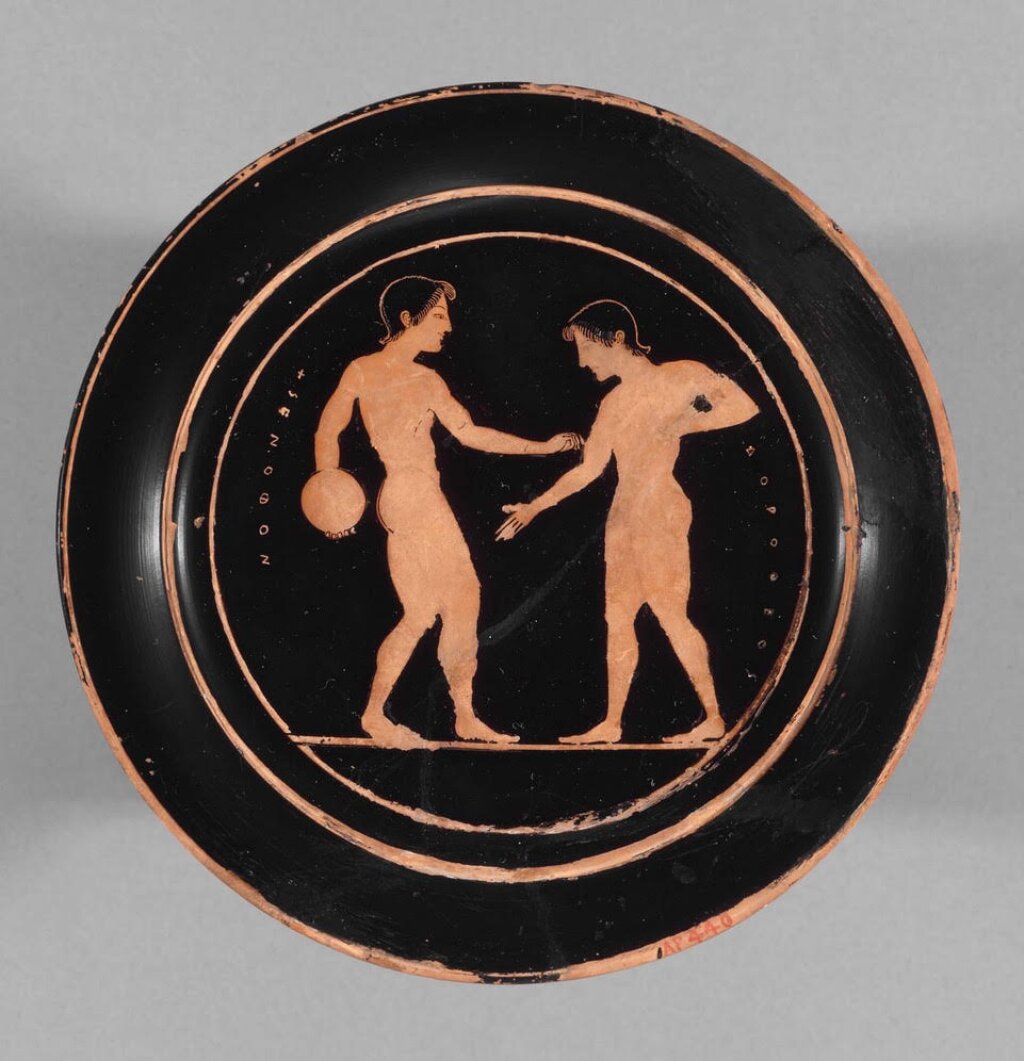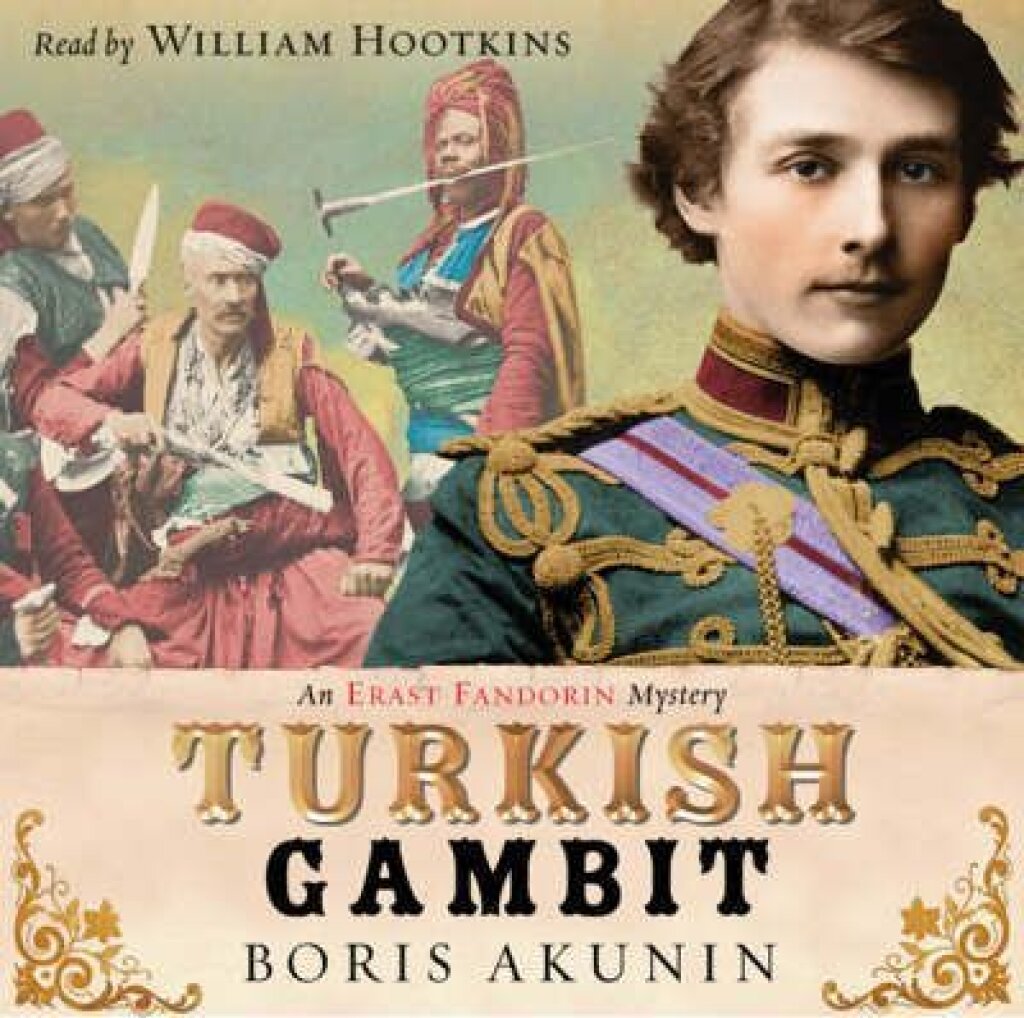Editor's Note: This week, All the Russias will be running a series of excerpts from Ainsley Morse's new translation of Andrei Egunov-Nikolev's Beyond Tula: A Soviet Pastoral. The volume will be out from Academic Studies Press on 20 May and will include an introduction by Morse, which may be found here. This is Part II in the series; Part I is here.
Ainsley Morse studies, teaches and translates Russian and Yugoslav literatures.
Chapter One [excerpt]
Sergey was let out from the cart near the white tree trunks. A brook was enjoying the midday shade. It was pleasant to dabble bare feet in it and to feel thin sand running between your fingers.
Girls came out from behind the birches.
Each of them was holding a large white mushroom. Sergey learned their names right away. They were Dunya, Fenya, another Dunya, Domasha. None of them was more than twenty, and they all turned out to be village schoolteachers.
The whole company settled down on the bank. Sergey was in the middle, lying on his back. He saw the little flowers of colorful country calico; the reddish hairs on the napes of their necks, brushed lightly by the impudent breeze; and a bit higher up—the green leaves and very bright sky covering the four girls.
Railroad engineers used to refer to tracks in the feminine: “get up on her,” they’d say about the fifth track, or “she’s a tough one, the eleventh.” They were right, and this track of theirs fell in with other words like “ship,” “moon,” or “whale.” Was this what had bothered Sergey yesterday, when he was gazing out at the railway couplings splayed out along both sides of the train, merging roundly with one another at the switches? He wouldn’t mind staying a while in that unused train car turning green over on the eleventh track, next to a little ditch and patch of grass. He’d take along the necessary goods and chattels—a razor, soap, a towel, a blanket and pillow—and settle in on the lower bunk. Run to the station in the morning for hot water and fly headlong back into the train car, afraid it would take off from right beneath his nose. He’d look out the window at the motionless landscape: a potato patch, some metal detritus, a five-story building with tiny windows; and he’d entertain bizarre visions of looming cities with towers on the shore of the ocean. Walking along the corridor of the motionless train car, he’d hold onto the walls to keep from falling from the shaking of the train hurtling along. He’d read the same book over and over, whatever happened to be on hand—a book read in a train car becomes forever beloved.
The assembled company shared their bread in brotherly fashion and began drinking it down with water from the brook. Dunya scooped up water in her palms and carried it to Sergey’s mouth, but her hand trembled slightly, and all the water slipped away between her virgin fingers, trickling onto her yellow hem.
Then she ran her wet hand across Sergey’s face, uttering, “Here, wash your face.”
Finally, everyone was worn out, the mushrooms were placed to the side, and the songs began.
Dunya and Domasha started. “Two flowers on the kerchief, palest blue and darker. Nobody knows a thing about love, but for my sweetie and me. A starlet fell from heaven on the fragrant lilacs, take me, take me, falling star, can you really be too lazy? I will sew a dress with arrows forward, go on, my sweet, come after me, like a fox after the squirrel.”9
Fenya and the other Dunya answered. “Pinned to my breast, adorning my breast, oh believe me, my dear girl, I sing not for joy. Undo my white dress, my heart cannot breathe: he was going to my place but stopped by hers. How can he feel no shame? Where we stood, my sweetie and me, the snow melted through to the earth; where my sweetie and me kissed, flowers bloomed.”
Fyodor entered the grove and took off his cap. Sergey leapt up to meet him. Fyodor, displeased, slumped on a stump.
“You’re tired, Fyodor?”
“And you’re not, Seryozha? You seem pretty busy here.”
“Oh, these men, always fighting about something,” exclaimed Dunya. She plucked some nettles and began striking Fyodor about the arms, repeating, “Take that, men, don’t be mean.”
Fyodor pulled back, but Sergey reached out his arms. “Now do me, I don’t want to be mean either.”
Whole bunches of nettles were pressed into the effort. The girls were pleased that Sergey, unblinking and with pursed lips, kept his arms stretched out so stubbornly, even as they turned red and became covered in white blisters. They didn’t know that Sergey was thinking the whole time about Mucius Scaevola.
Finally, the girls ran off, tossing all the nettles into the men’s faces.
“I love my work more than anything,” said Fyodor. “Just think, Seryozha: this is the ancient Tula region. There were no Urals then, no Krivoi Rog, but the tsars needed iron tools, at the very least for making their instruments of torture. How else could they torment the people? So they came here for the ore.”
“And the kings?” asked Sergey. “Do you remember the Thule king?”
“He was just an idiot, like all kings: throwing golden grails into the water. That’s called squandering the people’s property.”
They gazed at the moss-covered bed of the brook. Sergey thought he could see a copper Tula samovar gleaming there on the bottom, scrubbed clean by brick. He threw a blade of grass into the water and followed its floating, off toward the fields where the rye lay harvested and the bell-shafts dug out.
Fyodor gestured outward. “This is all my domain.” “So you believed my poem?”
“I don’t remember your poem. This is my domain, because I work here. My oil wells, my bell-shafts. The mountains, laid bare by mining, the plant products of nature unearthed in raw form, еxtracted, cultivated, segregated, clarified, and subjugated to the goals of humanity—that’s what interests me. What a beauty that oil rig over there is, don’t you think, Seryozha?”
“You know, Fyodor, this is stupid, but I just can’t shake the feeling: when you say, ‘the bell-shafts sprung up all over the place,’ to me it sounds like you’re talking about musical instruments.”
“Why not! We’ll start playing them soon enough. The whole country will start ringing.” And Fyodor lashed Sergey across the face with the nettles, but the leaves had wilted and faded and no longer stung.
“Did you notice that guy who was turning the winch?” Fyodor continued. “I like him a lot. When Fedya’s letting me down into the bell-shaft, I feel calm: the rope unwinds steadily. By now they must have brought him breakfast—we would probably just call it cold soup, but here they call it kvass. I’ll introduce you to his fiancée, Maryanka, later so you won’t be bored here. Really, Seryozhka, now you’ll have to come visit me every sum- mer, wherever I happen to be working—who knows, Altai, Siberia, the Tanutivinsk Republic.
“No,” said Sergey. “I won’t come to Tanutivinsk: there’s too many mosquitoes there.”
“Not any more than in your Peterhof. Or are the mosquitoes there domesticated?”
“Tell me, Fyodor, is it true that you can buy tea here without ration cards?”
“Yes, as long as the kulaks haven’t bought it all up to cause a crisis. Here in Mirandino the kulaks run thick and fast. When I first moved out to start working here, no one wanted to rent me a place to live. I had to settle a ways out from the village, in a wing of the big house. The co-op is over there, see, next to the church. You go straight all the way and then turn right.”
“Do you need anything, Fyodor? Some soap? A toothbrush, cologne, chlorodont toothpaste? Why is it that you practically don’t bathe?”
“Buy soap, but not the perfume-y kind. I have no use for cologne; that is, I always drink it with wood varnish. Well, goodbye; I have to go back to work.”
Coming out of the grove, Sergey noted that the dust on the road had grown whiter from the noontime heat. A dog jumped out at him from a tumbledown cottage. Scorched beams and charred planks surrounded the intact, jutting chimney of the central brick oven, where puppies were squealing.
“What’s your name?” Sergey struck up a conversation with the dog. “It must be Queenie? Hey, Queenie, Queenie! What’s wrong, sweetheart?”
Sergey lisped and whistled, made kissing sounds, but Queenie lifted her top lip to reveal teeth bared in a firm grimace.
“You dummy,” Sergey continued. “What are you worried about? I love your puppies no less than you do; even more, of course. I don’t feel like picking them up right now, but otherwise I’d play around with them for a while.”
Queenie read the love in Sergey’s eyes and, giving a growl, disappeared back into the ruined hearth.
With falling heart and weak knees, Sergey ran into the co-op and fell onto a chair.
“Welcome. We’ve got the order for Fyodor’s party all ready. And what can I get for you?”
“Tea,” cried Sergey. “As much tea as possible and then soap.”
The co-op operator was delighted. “I get it. The yokes and the tar are just here for show; I don’t keep nails in stock. My goods are as elegant as my customers: all engineers. Don’t you be afraid of me, I know the remedy: when you’re scared of something or get to feeling down, you have to drink a cup of cold water with three spoons of sugar right away. Though beer is even better.” Light was coming into the shop only through the open door, since there were no windows. Beauties equipped with luxurious bosoms and captions were smiling out from the soap wrappers: rose, lily of the valley, hyacinth. On the wall a green water nymph was surfacing with a priceless potion in her hands. A gray peasant blouse hung from a stretching frame. Sergey sketched in its continuation: he put bare legs below, a beard above, and wrinkled hands in the pockets—a little old man like that might have been geometry tutor to the princess.
Meanwhile, the co-op operator had shut the door tightly. Everything disappeared. The only thing left was a warm, rather sweaty hand tugging along the meek customer.
Sergey discerned that the co-op operator smelled of fresh footwear, New Way of Life cookies, and the breath of a man who did not use chlorodont toothpaste. Chlorodont squeezes out like a white fragrant sausage onto the stubble of the toothbrush. The paste foams in your mouth along with warm water, and when you gargle, you see the bathroom ceiling—it’s smaller and darker than in other rooms.



